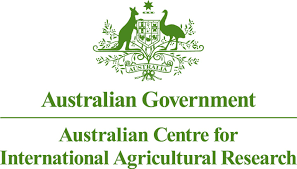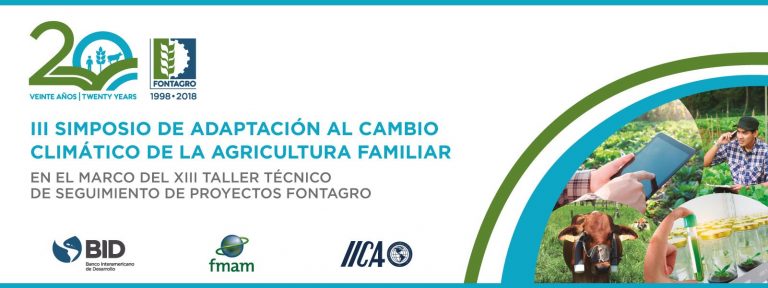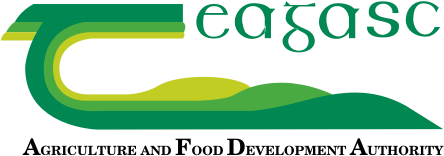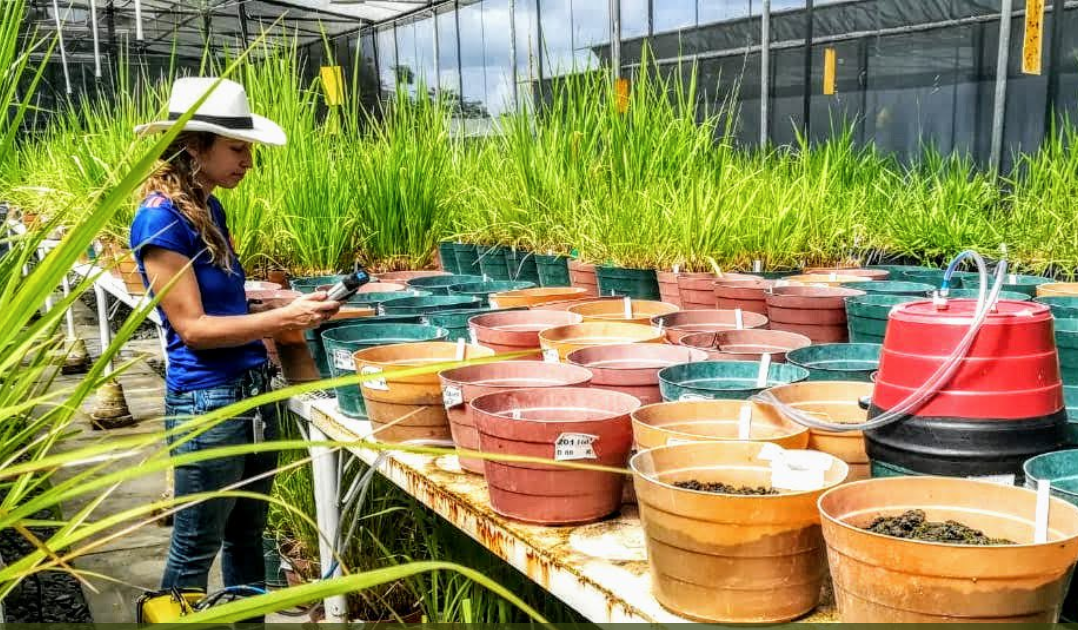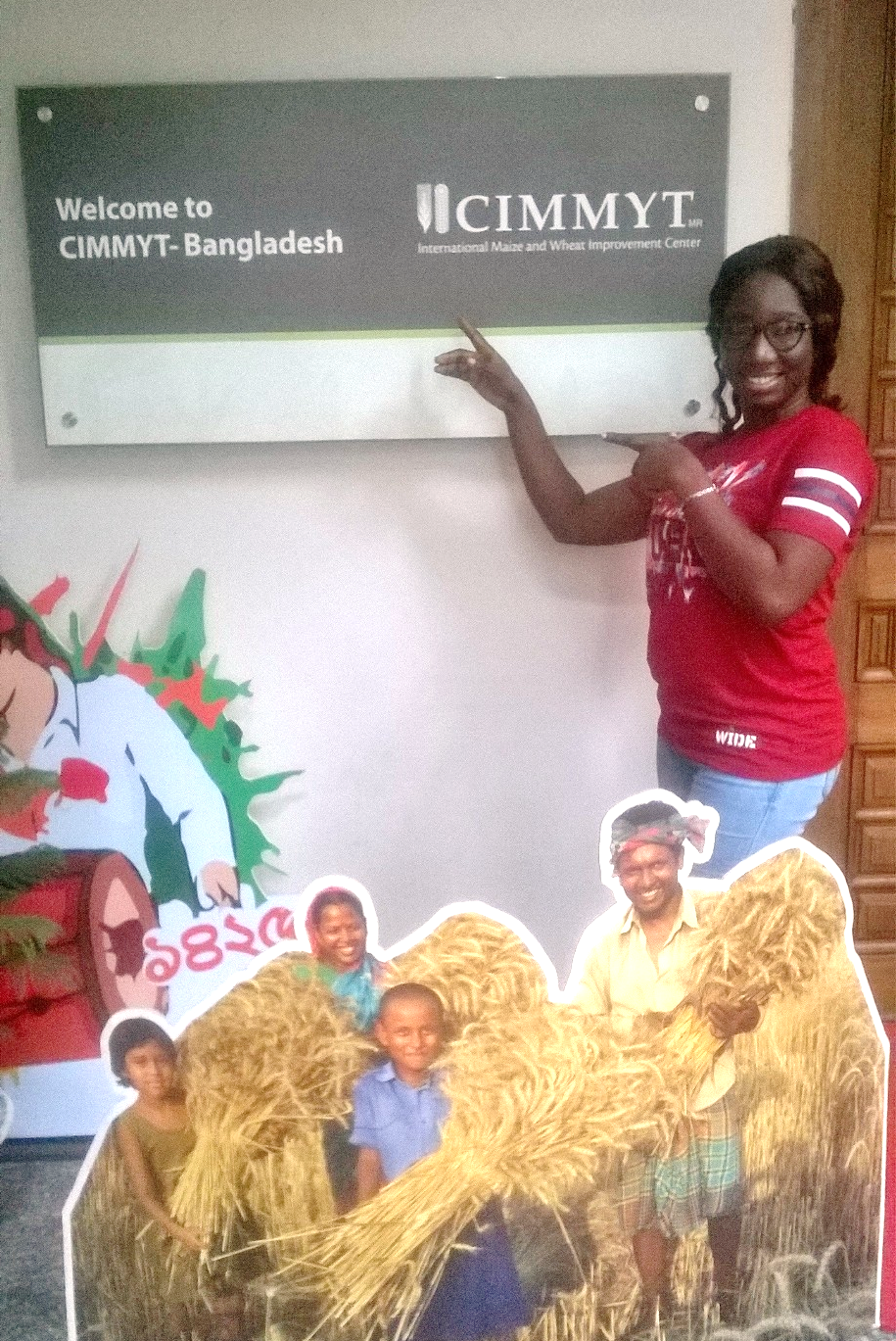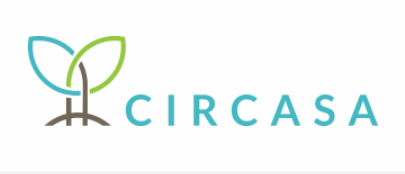We are pleased to announce that the second round of the CLIFF-GRADS program is now open!
Students from developing countries currently enrolled in PhD programs are invited to apply for short-term scientific training and research stays on topics related to the measurement and management of greenhouse gas emissions and carbon storage in agricultural systems.
Applicants should have a background in agriculture and climate change research and be pursuing graduate research related to agricultural greenhouse gas quantification.
Selected students will be sponsored in the amount of 10,000-12,000 USD for short-term (4-6 month) scientific training and research stays to collaborate with projects associated with CCAFS and GRA. Specific topics will depend on student and host institution scientist interests. A list of projects seeking to host students is included on the CCAFS CLIFF-GRADS webpage.
The grants will be used to support living and research costs at the host institution. Grants may not be used for tuition or unrelated personal expenses.
Background
CLIFF-GRADS is a joint initiative of the CGIAR Research Program on Climate Change (CCAFS) low emissions development flagship and the Global Research Alliance on Agricultural Greenhouse Gases (GRA). CLIFF-GRADS aims to build the capability of early career agricultural students in developing countries to conduct applied research on climate change mitigation in agriculture. CLIFF-GRADS integrates the GRA’s new Development Scholarship and the CCAFS Climate Food and Farming Research Network with the common goal of providing grants to graduate students to expand their knowledge and experience in quantification of agricultural greenhouse gases. Research projects are hosted by CCAFS and GRA members and partners. Funding for CLIFF-GRADS is provided by the Government of New Zealand and by the CGIAR Trust Fund and bilateral agreements in support of CCAFS.
- Deadline for applications: September 30, 2018.
- To view the list of available research opportunities and to apply for this research scholarship visit https://ccafs.cgiar.org/about/careers-and-calls/cliff-grads-scholarships-short-term-scientific-training-and-research-stays
Australia has nominated a new leader to Co-Chair our Integrative Research Group. Professor Richard Eckard will join Canadian Dr Brian McConkey and French Professor Jean-François Soussana.
Richard is Professor of Livestock Production Systems and Director of the Primary Industries Climate Challenges Centre (www.piccc.org.au) at the University of Melbourne, and represents the Australian government through the Australian Centre for International Agricultural Research.
Also co-lead of the Integrative Research Group’s Farm to Regional Network, Richard’s research focuses on sustainable livestock production, nitrogen cycling and loss in grazing systems, with a recent focus on carbon farming and options for livestock production systems to respond to a changing climate. Richard coordinates a research team focused on farm systems analysis, reconciling productivity, adaptation and mitigation, underpinning the development of carbon farming offset methodologies and improved inventory accounting for agricultural emissions.
This edition includes information on ways the #StepUp2018 campaign can help increase climate ambition in order to limit warming to 1.5 degrees Celsius in 2100.
The Global Research Alliance participated in our partner FONTAGRO’s 20-year celebration last month. The celebration coincided with the III Symposium on Adaptation to Climate Change of Family Farming in Washington DC, within the framework of the Third Workshop on Technical Follow-up of FONTAGRO Projects, at the offices of the Inter-American Development Bank (IDB) in Washington DC, USA on 4-8 June 2018.
Researchers and representatives of national research institutes got together to analyse the innovations generated in the projects of adaptation to and mitigation of climate change of family farming in the region.
Photos and video footage of the event can be found here.
The June 2018 newsletter of our Partner, the Climate & Clean Air Coalition (CCCA), is now available. This edition includes an update on the 2018 World Environment Day in India.
Teagasc is pleased to launch Research Leaders 2025, an innovative fellowship scheme focused on developing the next generation of research leaders in the agri-food domain.
We seek applications from experienced researchers (with PhD or four years full time research experience) in combination with host organisations worldwide (research, industry or civil society organisations/NGOs).
Join us for a live-streamed webinar on YouTube on Wednesday 25th July at 2 pm Dublin Local Time. Further details at www.teagasc.ie/rl2025
Features:
- Fellowships will have a duration of 36 months, including 18 months outside of Ireland, followed by a “return phase” to Teagasc in Ireland for a further 18 months.
- The fellowships will be researcher-led, so the applicant will be free to choose the research topic, the outgoing host organisation and the supervisor in Teagasc for the return phase.
- There will be a strong focus on career development, with dedicated career mentors for each fellow; a management training course; annual retreats with career presentations from leaders in academia, industry and civil society organisations; and transferable skills training.
- There will also be the option to undertake a secondment to the non-academic sector (e.g., industry or civil society organisations/NGOs).
- There will be a gross annual salary of €51,717 (in absence of family allowance) or €56,306 (if family allowance is paid). Research expenses will also be available.
- The programme aims to address the ‘leaky pipeline’ whereby the higher levels of research shows a gender imbalance. Review cohorts will be gender balanced, applicants that have taken a career break will not be disadvantaged, female fellows will be facilitated in finding female career mentors and paid maternity leave (with extensions to the fellowships) will be available.
Important dates:
- Deadline for receipt of Expression of interest: 1st October 2018, 13:00 Dublin Local Time
- Deadline for receipt of Full Application: 20th November 2018, 13:00 Dublin Local Time
- Information webinar: Wednesday, 25th July 2018, 2 pm Dublin Local Time
Eligibility conditions apply. See www.teagasc.ie/rl2025 for details.
Teagasc is the Irish Agriculture and Food Development Authority. The Teagasc annual research portfolio comprises some 300 research projects, carried out by 500 scientific and technical staff in seven research centres throughout Ireland. Research is organised into four programme areas:
- Animal and Grassland Research and Innovation
- Crops, Environment and Land Use
- Food
- Rural Economy and Development.
Teagasc researchers produced 2305 peer-reviewed publications between 2013 and 2017, ranking amongst the top European institutions in terms of number of publications and citations in the areas of food and agriculture. Teagasc researchers enjoy access to state-of-the art laboratories, over 2300 hectares of experimental farm land and two food pilot plant facilities.
See https://www.teagasc.ie/ for details.
The Global Open Data for Agriculture & Nutrition (GODAN) has released its June 2018 newsletter.
You can also view their ‘open climate’ video about paddy rice farming in Colombia, where the rice producer federation Fedearroz is using data sets measuring climate, yields and farming practices to help farmers in the country.
A session on Soil Denitrification will be held at the 2019 Soil Science Society of America (SSSA) International Soils Meeting, entitled “Denitrification in Agricultural Soils: Integrated Control and Modelling at Various Scales” Jan 6 -9 in San Diego.
Denitrification is the key process returning reactive nitrogen to the atmosphere. Despite being intensively studied for more than 100 years, soil denitrification rates and emissions of its gaseous products can still not be satisfactorily predicted. The complexity of the process in response to highly temporally and spatially variable soil properties (matrix to field scale) prevents robust prediction of denitrification rates and gaseous emissions.
Keynote speakers:
Peter Groffman, Cary Institute of Ecosystem Studies (to be confirmed)
Marcus Horn, Institute of Microbiology, Leibniz University Hannover (to be confirmed)
N.N.
Call for papers
Oral or poster contributions are invited. Topics include interactions between effects of key factors on denitrification and its gaseous emissions, and modelling of these processes at scales from matrix to field.
Early registration is until July 24; final registration is Aug 8.
Three of our CLIFF-GRADS winners, Sebastian Vangeli, Banira Lombardi and Ofonime Eyo have now begun research at their host institutions.
Sebastian is from Argentina, and is being hosted by Rothamsted Research and Bangor University, UK for the project “Structures and date requirements to develop a higher-tier agricultural GHG inventory”. (photo credit: Sebastian Vangeli)
Banira is from Argentina, and is being hosted by CIAT, Colombia for the project “Pasture type influence on soil N2O emission from cattle excreta”. (photo credit: Daniel Villegas)
Ofonime is from Nigeria, and is being hosted by CIMMYT, Bangladesh for the project “Identifying greenhouse gas emissions hotspot and mitigation options for the agricultural sector in Bangladesh” (photo credit: Ofonime Eyo)
The CLIFF-GRADS awards are the new annual Global Research Alliance-CGIAR scholarship. Read more about CLIFF-GRADS here
Keep up to date with the awardees by adding us on Twitter @gra_ghg
A Community Manager position has become available at the CIRCASA Open Collaborative Platform based at INRA in Paris, France. This is a 2-year renewable position.
Application deadline is 31 July 2018.
Context
The overarching goal of the CIRCASA Coordination and Support Action, which has 23 international partners, is to develop international synergies concerning research and knowledge transfer on agricultural soil C sequestration at European Union (EU) and global levels. CIRCASA has 4 main objectives:
- Strengthen the international research community on soil carbon sequestration in relation to climate change and food security;
- Improve our understanding of agricultural soil carbon sequestration and its potential for climate change mitigation and adaptation and for increasing food production;
- Co-design a strategic research agenda with stakeholders on soil carbon sequestration in agriculture;
- Create an International Research Consortium in this area.
Mission
An Open Collaborative Platform (OCP) is developed in the frame of CIRCASA including tools for dissemination and outreach, knowledge system and crowdsourcing, matchmaking across research initiatives, alignment across research programs. The OCP manager will be in charge of the contents and operation of the OCP with support of IT experts and of project partners. The OCP is being developed through a subcontract with an ICT startup and with support of computer engineers at CIRAD (a partner of CIRCASA) and at INRA (CIRCASA coordination). The OCP manager will supervise the development of the OCP, oversee the tests of the first versions, interact – in relation with the CIRCASA Scientific Officer – with CIRCASA partners to provide contents and data and manage the international online community of researchers and stakeholders on soil organic carbon sequestration in agriculture.
She/he will also write project monitoring reports and training materials. She/he will be invited to provide training (with the support of the IT engineer) to the stakeholders.
Profile
We seek a strongly motivated candidate with initial training as an engineer or equivalent and some notions of information and communication technologies (ICT), strongly interested in digital platforms for communication and exchange. Excellent skills in communication in English and writing are required. A good level in French would be an advantage for working in Paris and at INRA. A first experience in project management would be appreciated.
- The position is based at INRA’s headquarters (downtown Paris) and involves travelling.
- Remuneration: according to INRA grids for Engineers, according to degree and experience
- Taking office: at the earliest
- Contact on the post: Dr. Jean-Francois Soussana ([email protected]) and Dr. Odile Vilotte ([email protected] ).
Send CV and cover letter to both these emails addresses before 31/07/2018.
The June edition of our Partner FACCE-SURPLUS is out, including a link to their publication “Assessment of Benefits of Conservation Agriculture on Soil Functions in Arable Production Systems in Europe”.
The latest issue of the Livestock Research Group (LRG) newsletter is available.
In this edition, you can read about:
- Significant LRG research outputs, including a publication in Nature
- An update on new LRG projects and other outcomes from the recent LRG meeting in Viet Nam (14-17 May)
- How the LRG can help support the work of the Intergovernmental Panel on Climate Change
- An LRG partner’s views on a possible global target for agricultural greenhouse gas emissions

